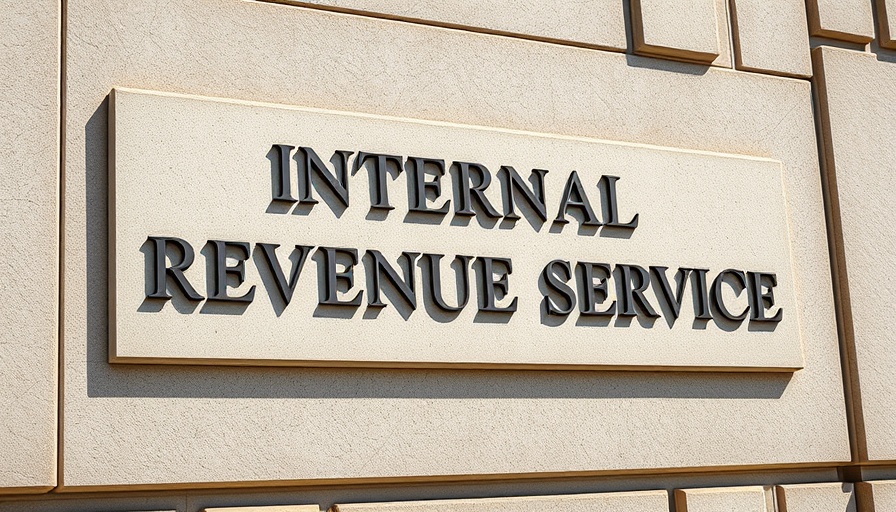
A Controversial Call for Social Media Regulation
Louisiana Congressman Clay Higgins is making headlines after vocally condemning the begrudging responses from some social media users following the tragic assassination of conservative activist Charlie Kirk. Higgins believes that mocking or belittling Kirk's death crosses a moral boundary and has vowed to advocate for severe consequences against those engaging in such behavior.
In an impassioned post on X, Higgins described Kirk as "a beautiful young man who dedicated his whole life to delivering respectful conservative truth into the hearts of liberal enclave universities." He accused certain social media users of demonstrating a lack of decency and compassion by celebrating Kirk's killing, urging for a crackdown on this type of content. Higgins has announced plans to utilize Congressional authority to mandate lifetime bans on users who celebrate or belittle politicians' deaths, reflecting a larger conversation about the role of social media in political discourse.
The Growing Concern of Online Political Hate
This situation comes against a backdrop of increasing political violence, leaving many questioning the responsibility of social media platforms in regulating content that promotes hostility. Higgins plans to push for businesses that support such narratives to be “blacklisted aggressively,” attempting to create a ripple effect that may deter online vitriol. As Kirk was a notable face representing conservative youth through his organization, Turning Point USA, his assassination reignited discussions about safety and decency in political engagement.
Amid this crackdown, social media has become a hotbed for political debate, with both sides using these platforms to express opinions, often leading to extreme rhetoric. Scholars warn that unchecked online hate can foster a culture of violence, making the implications of Higgins's proposed measures particularly relevant. The nuanced question arises: how much regulation is too much, and will penalizing hate speech lead to an increase in censorship that impinges on free speech?
Political Leaders Respond
Higgins’s call for action has garnered attention from other political figures, including Louisiana Governor Jeff Landry and House Speaker Mike Johnson, both of whom have shared statements condemning political violence. Notably, former President Donald Trump noted that Kirk will be posthumously awarded the Presidential Medal of Freedom, emphasizing the profound impact of his legacy and calling for unity in the wake of tragedy.
In addition, reactions from public figures and social media influencers highlight the divisive nature of the current political environment. While some support Higgins's proposal as a necessary step toward safeguarding our discourse, others raise alarm about the potential for repression of legitimate political dissent. The risk of becoming further divided could lead to more extreme measures in both policy and personal beliefs.
Implications Moving Forward
The incident surrounding Kirk's assassination acts as a stark reminder of the fragility of political discourse in the digital age. While Higgins works to push for regulations, it is crucial to consider how these measures may shape the future of political engagement. Will we see a surge in political extremism, or can Higgins's stance help lead to a more respectful and constructive discourse online?
This dilemma of managing social media content against the values of freedom of expression and the common good presents an ongoing challenge. Engaging in respectful dialogue while holding violators accountable could serve as a middle ground, balancing the need for safety with the right to express ideological beliefs. The groundwork laid by this situation could potentially influence the developments in both legislation and the operations of tech companies.
What Can You Do?
As this conversation continues evolving, it is essential for individuals to remain informed about the implications of social media's role in politics. Engaging with content mindfully and promoting respectful discourse can contribute to a healthier political climate. Emphasizing critical thinking and compassion in discussions can pave the way for better understanding among differing ideological views.
To stay ahead of developments in social media legislation and enhance your brand's voice in this critical discourse, book your Brand Voice Interview now!
 Add Row
Add Row  Add
Add 




Write A Comment